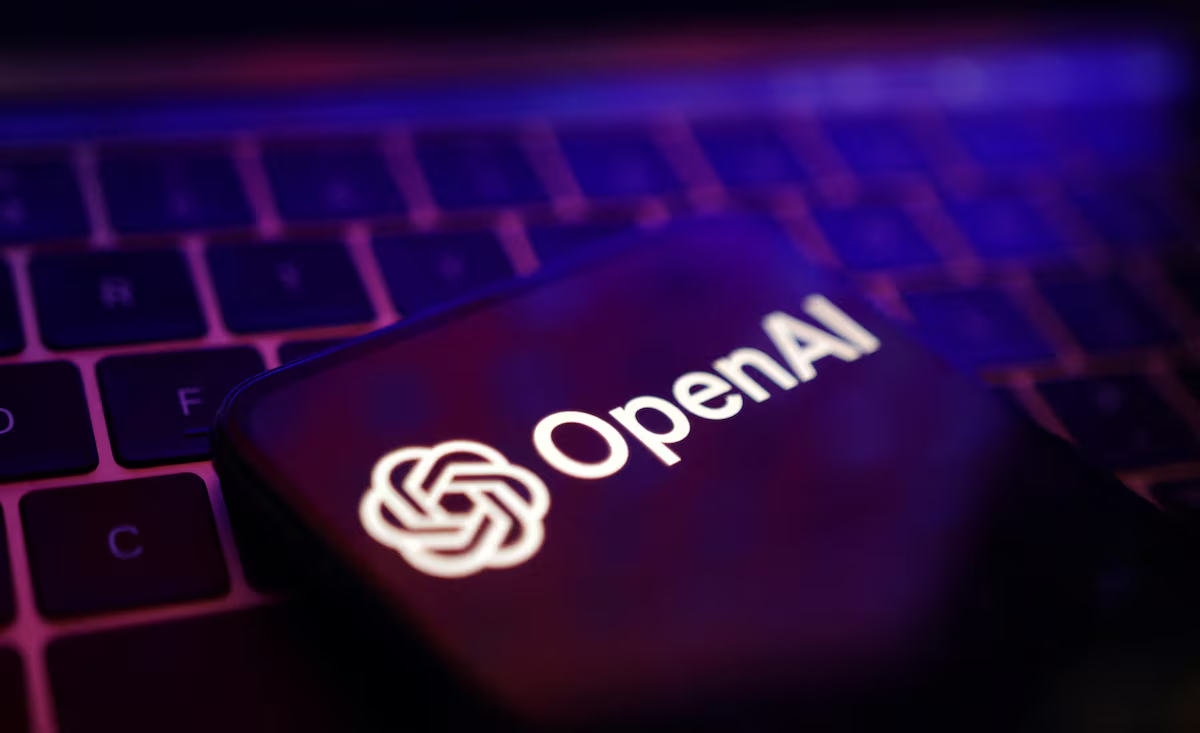OpenAI is currently embroiled in a complex legal battle concerning copyright infringement, primarily centered around the use of copyrighted material to train its large language models (LLMs) like ChatGPT. Several news organizations and prominent authors have filed lawsuits against OpenAI and its partner Microsoft, alleging unauthorized use of their copyrighted works.
The crux of the matter lies in whether OpenAI's use of copyrighted material falls under the "fair use" doctrine. OpenAI argues that it utilizes publicly available data for training purposes, which constitutes fair use. The company claims it transforms the data in such a way that it doesn't violate copyright laws and that it avoids accessing content behind paywalls. Furthermore, OpenAI states that it blocked certain domains, like that of news agency ANI, after receiving legal notices, demonstrating its commitment to copyright compliance.
However, news organizations such as The New York Times, along with other media groups like the New York Daily News and the Center for Investigative Reporting, contend that OpenAI's actions constitute copyright infringement. They argue that ChatGPT's ability to generate human-like responses stems from the unauthorized use of their work, for which they have not received permission or compensation. The plaintiffs also claim that OpenAI removes identifiable information, such as author bylines and publication details, when using the content, further exacerbating the infringement. They assert that the LLMs absorb and reproduce expressions from the training data without genuine understanding.
A significant development in the legal proceedings occurred recently when a U.S. judicial panel consolidated multiple copyright lawsuits against OpenAI and Microsoft into a single case in New York. These cases involve not only news outlets but also authors such as Ta-Nehisi Coates, Sarah Silverman, John Grisham, Jonathan Franzen, and George R.R. Martin. This consolidation aims to streamline the pretrial proceedings, given that the lawsuits stem from the same underlying allegations: OpenAI's use of copyrighted works to train its LLMs.
In March 2025, a federal judge ruled that The New York Times and other newspapers could proceed with their copyright lawsuit against OpenAI and Microsoft. While some claims were dismissed, the bulk of the case was allowed to continue, potentially leading to a jury trial. The New York Times' attorney, Ian Crosby, expressed appreciation for the judge's careful consideration of the issues and affirmed that their copyright claims would continue.
OpenAI, in response, stated that it welcomes the dismissal of many of the claims and looks forward to demonstrating that its AI models are built using publicly available data, grounded in fair use, and supportive of innovation. Microsoft has declined to comment.
The lawsuits raise fundamental questions about copyright law in the age of AI. One key issue is whether storing copyrighted data for training AI models constitutes copyright infringement. Another is whether generating user responses using copyrighted data also constitutes infringement. The courts must also determine whether such use falls under "fair use" as defined by Section 52 of the Copyright Act.
The outcome of these cases could have significant implications for the AI industry and content creators alike. If the courts rule against OpenAI, it could set a precedent that requires AI companies to obtain licenses for copyrighted material used in training their models. This could significantly increase the cost of developing AI models and potentially stifle innovation. Conversely, if the courts rule in favor of OpenAI, it could embolden AI companies to continue using copyrighted material without permission, potentially harming the livelihoods of content creators.
Beyond the immediate legal ramifications, the lawsuits highlight the broader ethical and societal implications of AI development. As AI models become more sophisticated and capable of generating human-like content, it is crucial to establish clear guidelines and regulations that protect the rights of content creators while fostering innovation. The ongoing legal battles involving OpenAI are a critical step in this process, as they will help shape the future of AI and its relationship with copyright law.

















